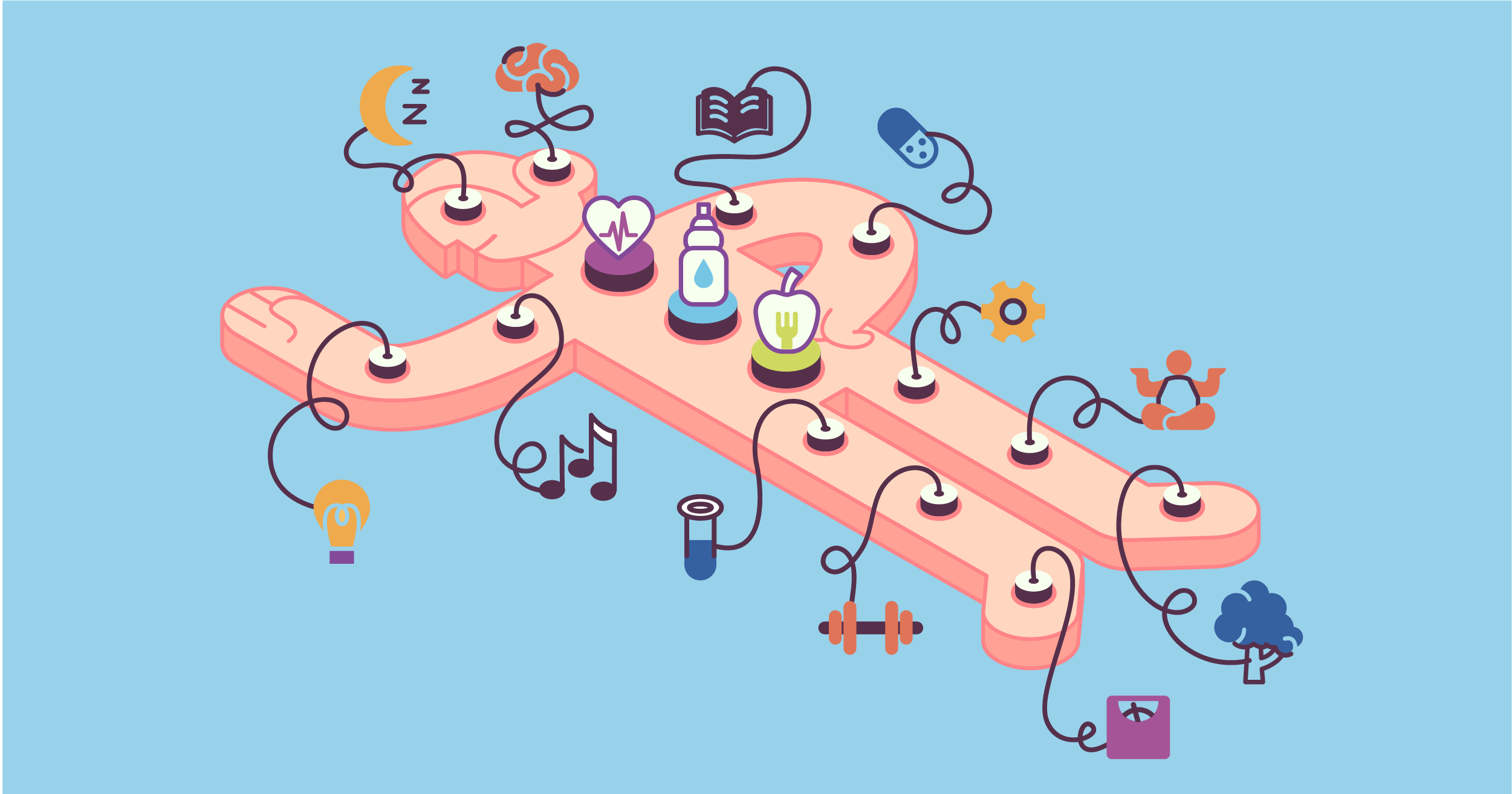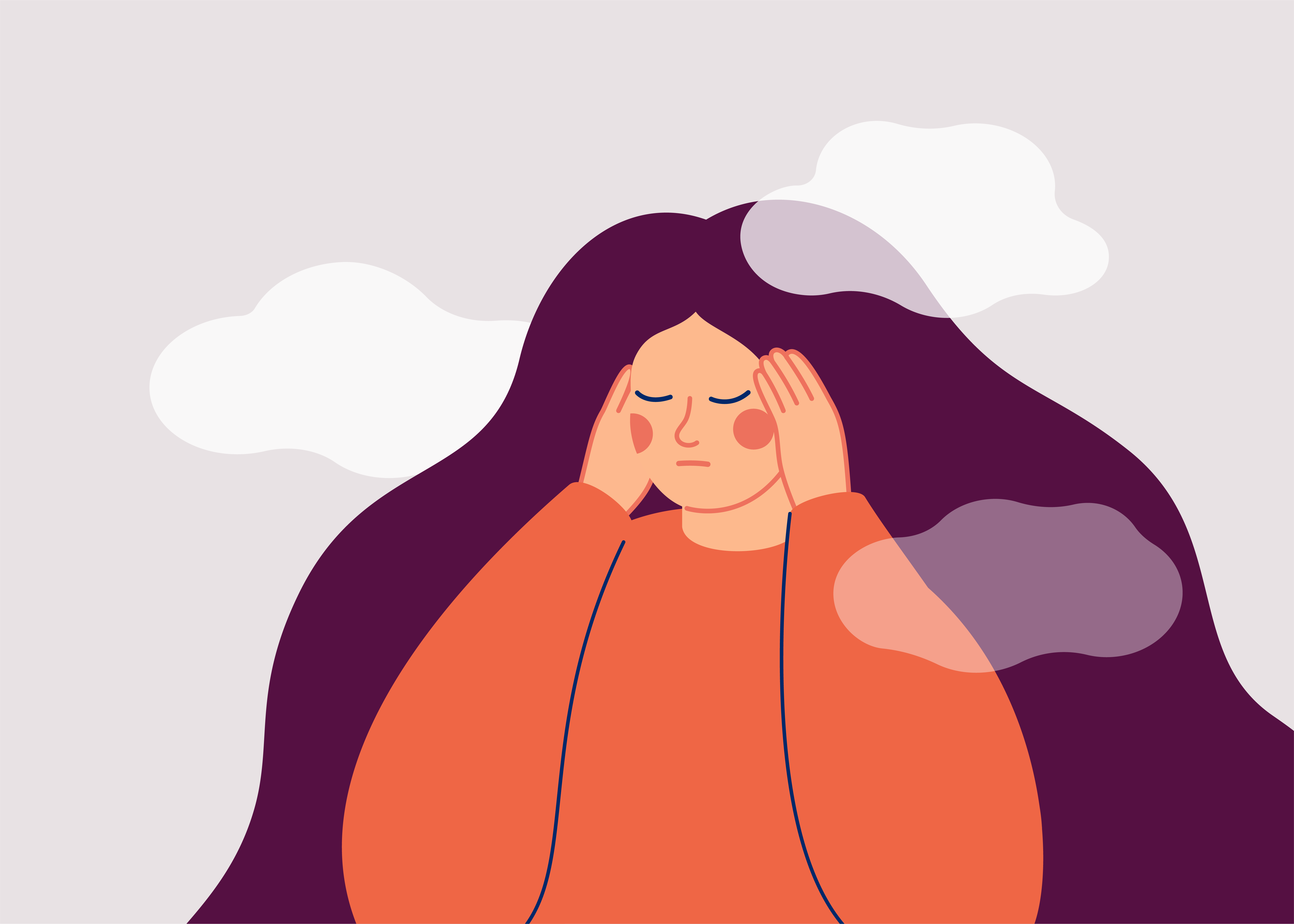We are living in unprecedented times. COVID-19 is still going strong, and as such, people are experiencing social isolation to a degree never felt before.
One study by researchers at the University of Manchester and Swansea University found that social distancing is having adverse impacts on our mental health and emotional wellbeing.
Social distancing can lead to:
- Increased feelings of anxiety and depression
- Increased feelings of loneliness
- Increased risk of cognitive decline
- Increased risk of illness due to stress
- Increased feelings of loss
- Increased worry about yourself or loved ones
- Changes in sleeping and eating patterns
- Difficulty sleeping
- Increased self-medication with alcohol or drugs
One of the heightened stressors people report feeling is not knowing when the pandemic will end, and life can return to “normal.”
The current pandemic has brought uncertainty into our lives in an unprecedented amount.
We are not sure how COVID will affect:
- The economy
- Our jobs
- Our finances
- Our relationships
- Our health
- Our family’s health
- Our physical and mental wellbeing
As humans, we crave safety and control over our lives, and loss of that control is creating stress and anxiety, which can be emotionally and physically draining
We all handle this uncertainty and lack of control differently, and some people tolerate changes much better than others, but we all have a limit.
The good news? There are things we can do that can help us cope.
Using these Seven Steps to Coping with Social Isolation can help you maintain balance during these trying times.
- Learn what you can control.
Many things about life as we know it now are out of our control. But knowing what you can affect will help you maintain a calm and collected attitude during stressful times. For tips on learning to control negative emotions, visit HERE. - Learn to accept uncertainty.
Nothing in life is certain. So when we let fears of uncertainty take control, it’s hard to remain logical and weigh the risks. Learning to accept the new normal and integrating it into our lives will go a long way towards reducing anxiety. To take it a step further, click HERE to listen to a meditation on coping with uncertainty by HelpGuide.org. - Spend some quality time.
Now that we’re staying home more, we have the chance to spend time with our families that we may not have had before. Take some time to capitalize on this chance. Try these:- Organize some fun movie nights with snacks or a game night.
- Spend some time talking to your teens about their goals and dreams.
- Engage your younger children in playful activities or art projects.
- Start a renovation project. It’s a great way to take your mind off not being able to get out as much as you like and enjoy your time at home more than you thought you would.
- Turn off the news.
The media is one of the largest sources of anxiety. When you expose yourself to negativity too much or too long, it can directly impact our mental health and the way we think. - Change your thinking.
Avoid overthinking about the future—remember tip #1? If you find yourself struggling to change your negative mindset, BrainTap is a great tool to utilize. Every audio session on the BrainTap Pro app is designed to help you shift negative emotions to positive outcomes. For more information on BrainTap and the science behind it, click HERE - Get outside.
Exposing yourself to fresh air and exercise can help clear brain fog and banishes stress. Spending time in nature eases loneliness and releases chemicals in your brain to boost your mood. Taking a walk outdoors with family or close friends (even if you have to stay six feet apart) is a great way to eradicate isolation feelings. - Help someone else.
Sometimes when we feel down, the best way to feel better is to help someone else. By providing support to someone else, you gain control and purpose in your own life. It doesn’t have to be complicated. Call or text a friend or loved one. Send a small gift sent unexpectedly. Small gestures are great ways to feel connected during times of isolation.
While we may struggle to make sense of our new normal and experience feelings of loneliness, learning to be flexible and following the tips above can help make the transition easier and help reduce stress.
For more tips on minding your mental health during social isolation, click HERE now.



